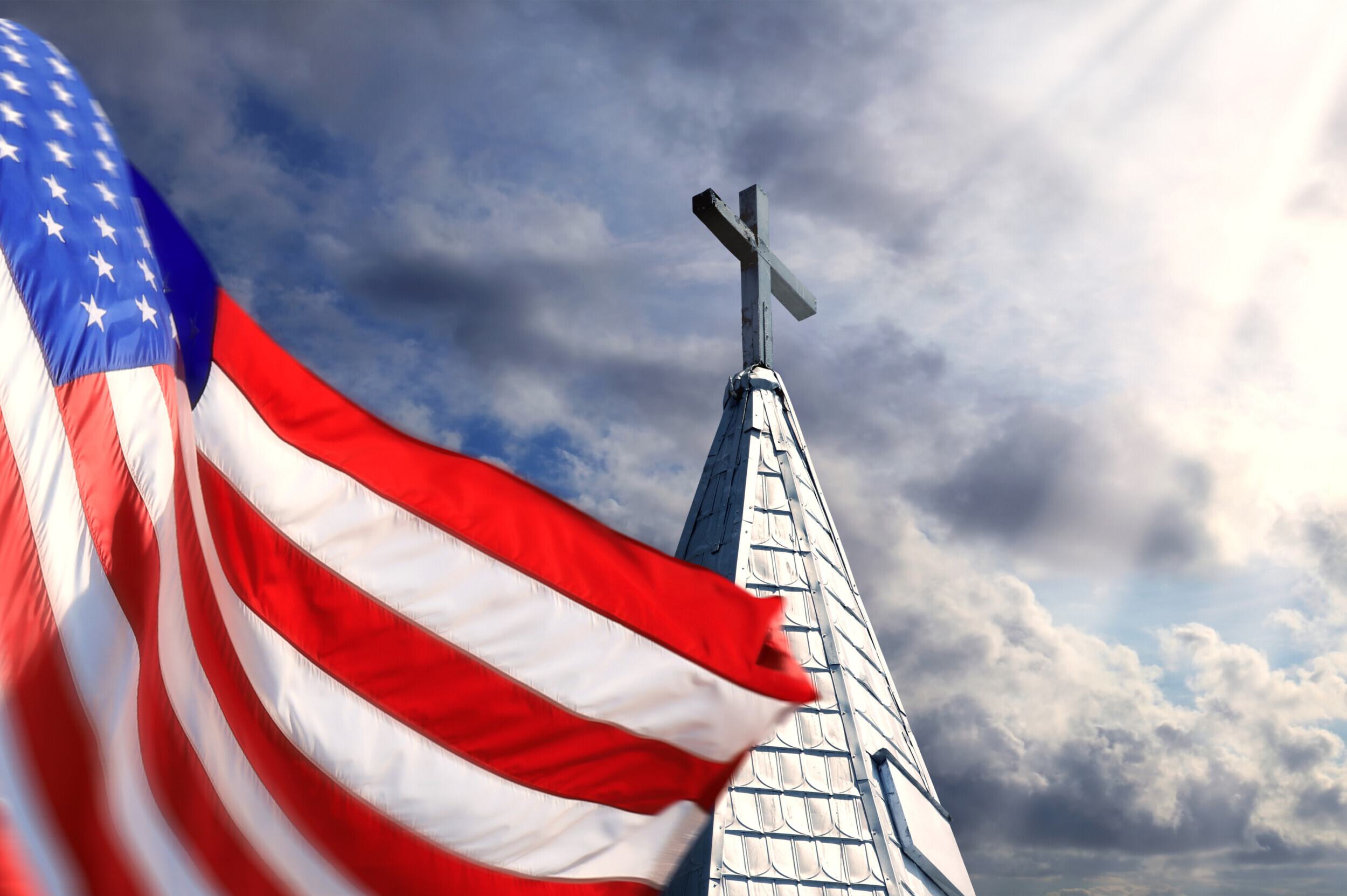Although America was founded on Judeo-Christian principles, the number of people practicing Christianity may soon fall into the minority if current trends continue.
A recent study by the Pew Research Center showed how self-professed Christians could constitute less than half of the U.S. population by 2070.
In 1972, 90% of Americans self-identified as Christian. However, that number started to decline in the 1990s as atheism and agnosticism grew in popularity, thanks, in part, to the efforts of famous skeptics like Christopher Hitchens and Sam Harris. By 2020, only 64% of Americans claimed the faith.
The PRC modeled multiple scenarios ranging from one where no one changes religion after 2020 to one where a growing share of Christians renounce their faith before the age of 30.
In the first scenario, the PRC predicts self-professed Christians will drop to 54% over the next 50 years. In the second "worst-case scenario," self-professed Christians drop to 35%.
The PRC included a variety of factors in its prediction, such as migration patterns and birth and death rates.
The PRC made sure to clarify its models were estimates based on current trends and no glimpses of a certain future. In fact, trends outside the PRC's model could lead to a Christian revival or Third Great Awakening. None of the PRC's scenarios showed what would happen if the rate of Christian conversions increased.
Additionally, this study only pertained to self-professed Christians, which could include nominal Christian who don't actually follow the tenets of the religion.
A similar PRC study in December 2021 found only 45% of U.S. adults practice daily prayer. The percentage of adults who seldom or never pray has risen every year since 2015. It is now at 32%.
According to Gallup, church membership in the U.S. dropped below 50% for the first time in 2020. At the turn of the century, 70% of Americans belonged to a church.
Church membership remained roughly the same throughout the latter three-quarters of the 20th century, ranging between 68% and 73% from 1937 to 2000.
Gallup associated the decline in membership with the growing number of people who lack religious affiliation.
Scott Dawson is an evangelical author, preacher and founder of the Scott Dawson Evangelistic Association. He is also a graduate of the Beeson Divinity School at Samford University in Birmingham. He said it's important to be clear about what a Christian is when looking at models like the PRC's and also not to count out a swift reversal of the current trends.
"I'd point out two things," said Dawson. "First, it can turn quickly. Spiritual awakening can and must happen in America. Too much is at stake. That is something most Christians should and must be praying for.
"Second, I believe the study is indicating church attendance and or affiliation. There is a stark difference between attending church and being a follower of Christ. Jesus refers to this in Matthew 7 when He says, 'Not everyone who calls me Lord, Lord [will enter the kingdom of heaven].' He compares two roads: one being wide, crowded and easy, the other being narrow, hard and few. What does this mean? To me, it means there really aren't as many followers of Jesus, so when culture changes, the masses will follow. [To those] who know Jesus, there are NO other options."
Dawson said Americans need church even if the number of true Christ followers declines significantly, like the PRC predicts. He said church attendance offers structure to society, and churches have historically offered important services like schools and hospitals.
To connect with the author of this story, or to comment, email will.blakely@1819news.com or find him on Twitter and Facebook.
Don't miss out! Subscribe to our newsletter and get our top stories every weekday morning.










